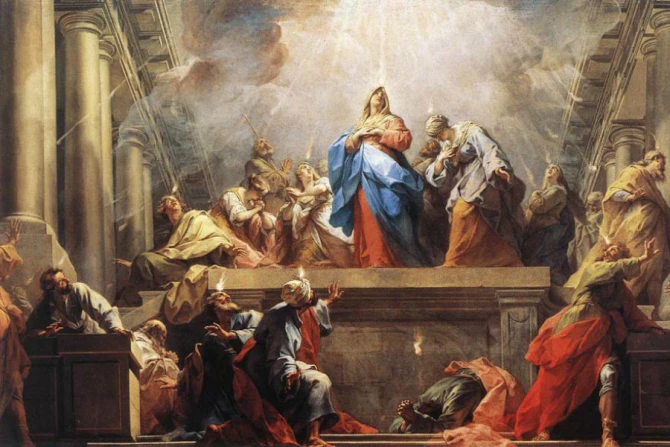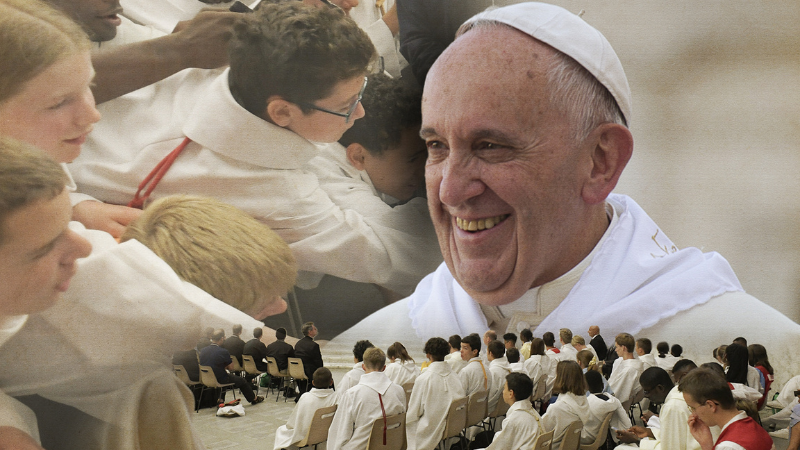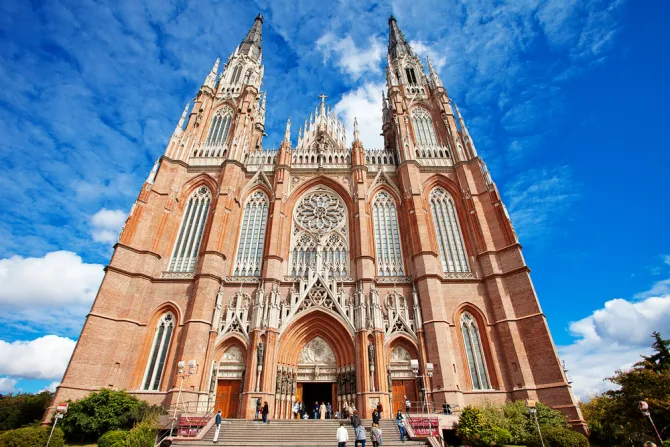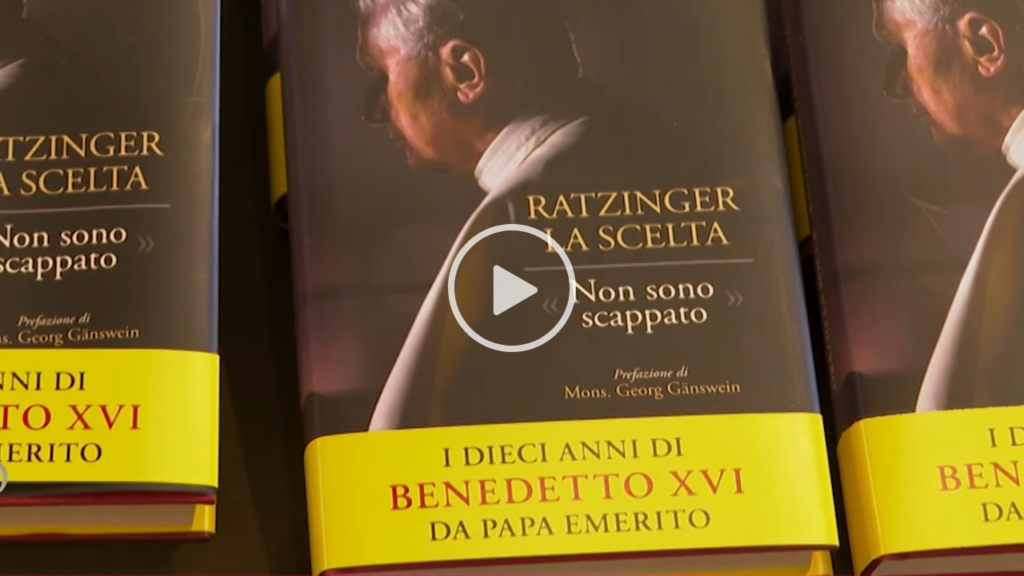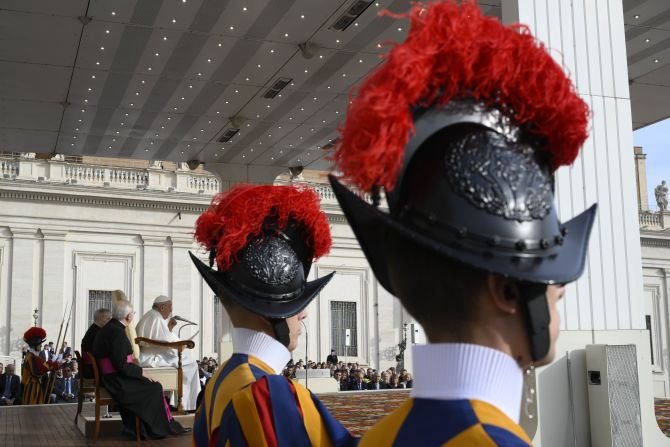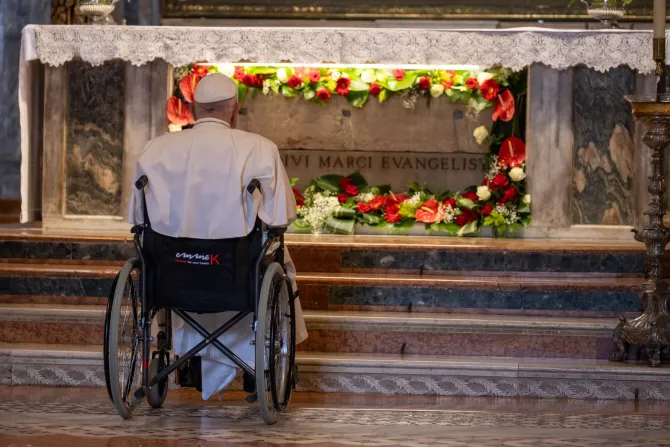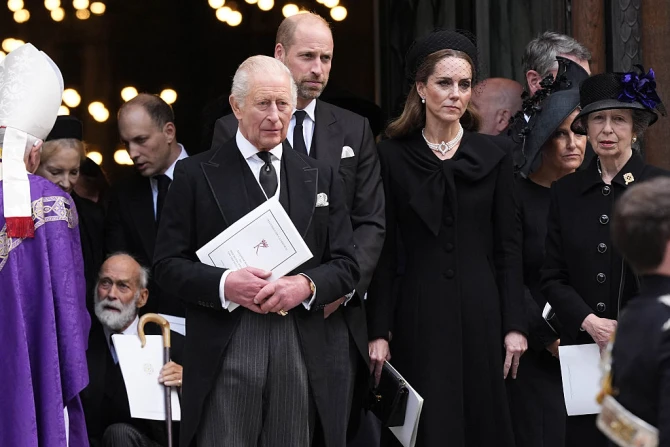This weekend, the Church celebrates Pentecost, one of the most important feast days of the year, which concludes the Easter season and celebrates the birth of the Church.
Here’s what you need to know about the feast day.
Pentecost always occurs 50 days after the resurrection of Jesus and 10 days after his ascension into heaven. Because Easter is a moveable feast without a fixed date and Pentecost depends on the timing of Easter, Pentecost can fall anywhere between May 10 and June 13.
The timing of these feasts is also where Catholics get the concept of the novena — nine days of prayer — because in Acts 1, Mary and the apostles prayed together “continuously” for nine days after the Ascension leading up to Pentecost. Traditionally, the Church prays the novena to the Holy Spirit in the days before Pentecost.
The name of the day itself is derived from the Greek word “pentecoste,” meaning “50th.”
There is a parallel Jewish holiday, Shavu’ot, which falls 50 days after Passover. Shavu’ot is sometimes called the “Feast of Weeks,” referring to the seven weeks since Passover.
Originally a harvest feast, Shavu’ot now commemorates the sealing of the Old Covenant on Mount Sinai, when the Lord revealed the Torah to Moses. Every year, the Jewish people renew their acceptance of the gift of the Torah on this day.
In the Christian tradition, Pentecost is the celebration of the person of the Holy Spirit coming upon the apostles, Mary, and the first followers of Jesus, who were gathered together in the upper room.
A “strong, driving” wind filled the room where they were gathered, and “tongues as of fire” came to rest on each one of them (Acts 2:13). They were suddenly able to speak in different languages and be understood. It was such a strange phenomenon that some people thought the Christians were drunk — but Peter pointed out that it was only “9 in the morning” and said the phenomenon was caused by the Holy Spirit.
The Holy Spirit also gave the apostles the other gifts necessary to fulfill the great commission — to go out and preach the Gospel to all nations. This fulfilled the New Testament promise from Christ that the apostles would be “clothed with power” before they would be sent out to spread the Gospel (Luke 24:46-49).
It was right after Pentecost that Peter, inspired by the Holy Spirit, preached his first homily to Jews and other nonbelievers in which he opened the Scriptures of the Old Testament, showing how the prophet Joel prophesied events and the coming of the Holy Spirit at Pentecost.
He also told the people that the Jesus they crucified is the Lord and was raised from the dead, which “cut them to the heart.” When they asked what they should do, Peter exhorted them to repent of their sins and to be baptized. According to the account in Acts, about 3,000 people were baptized following Peter’s sermon.
For this reason, Pentecost is considered the birthday of the Church — Peter, the first pope, preaches for the first time and converts thousands of new believers. The apostles and believers, for the first time, were united by a common language and a common zeal and purpose to go and preach the Gospel.
Typically, priests will wear red vestments on Pentecost, symbolic of the burning fire of God’s love and the tongues of fire that descended on the apostles.
However, in some parts of the world, Pentecost is also referred to as “Whitsunday,” or White Sunday, referring to the white vestments that are typically worn in Britain and Ireland. The white is symbolic of the dove of the Holy Spirit and typical of the vestments that catechumens desiring baptism wear on that day.
An Italian Pentecost tradition is to scatter rose leaves from the ceiling of the churches to recall the miracle of the fiery tongues, and so, in some places in Italy, Pentecost is sometimes called “Pascha Rosatum” (“Easter roses”). One of the most famous locations for the rose petal dropping is the Pantheon.
In France, it is tradition to blow trumpets during Mass to recall the sound of the driving wind of the Holy Spirit.
In Asia, it is typical to have an extra service, called genuflexion, during which long poems and prayers are recited.
In Russia, Mass-goers often carry flowers or green branches during Pentecost services.
SIGN UP FOR OUR NEWSLETTER HERE
This story was first published on June 2, 2017, and has been updated by CNA.

